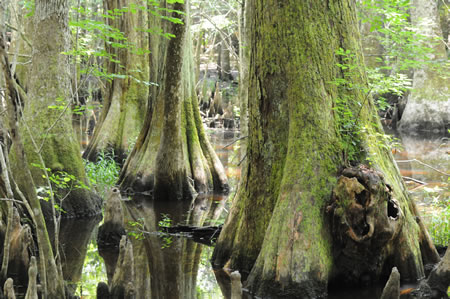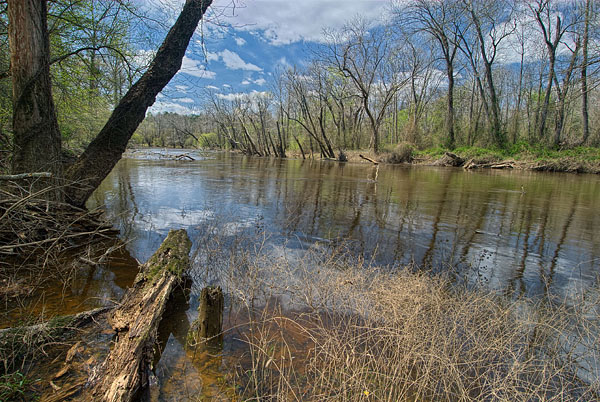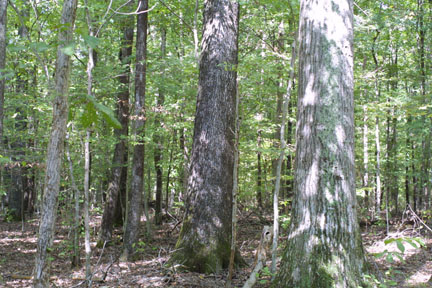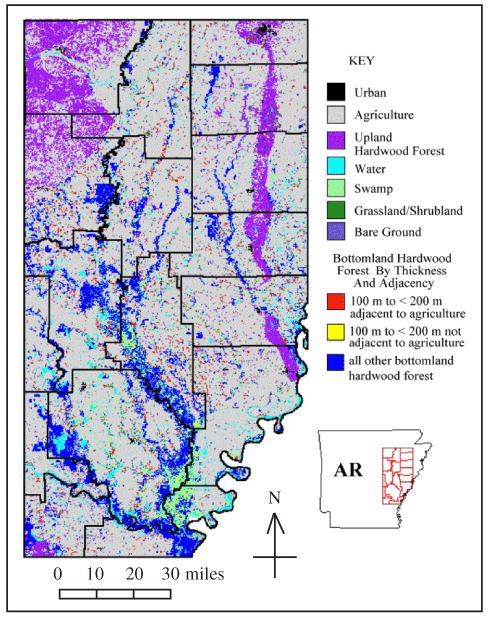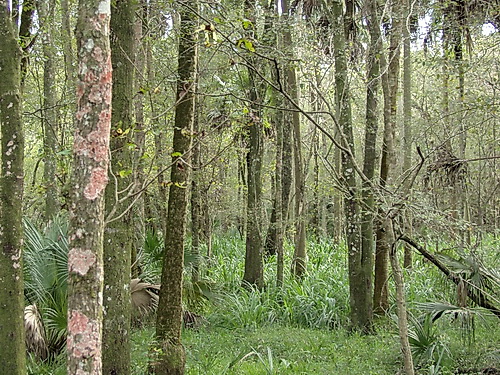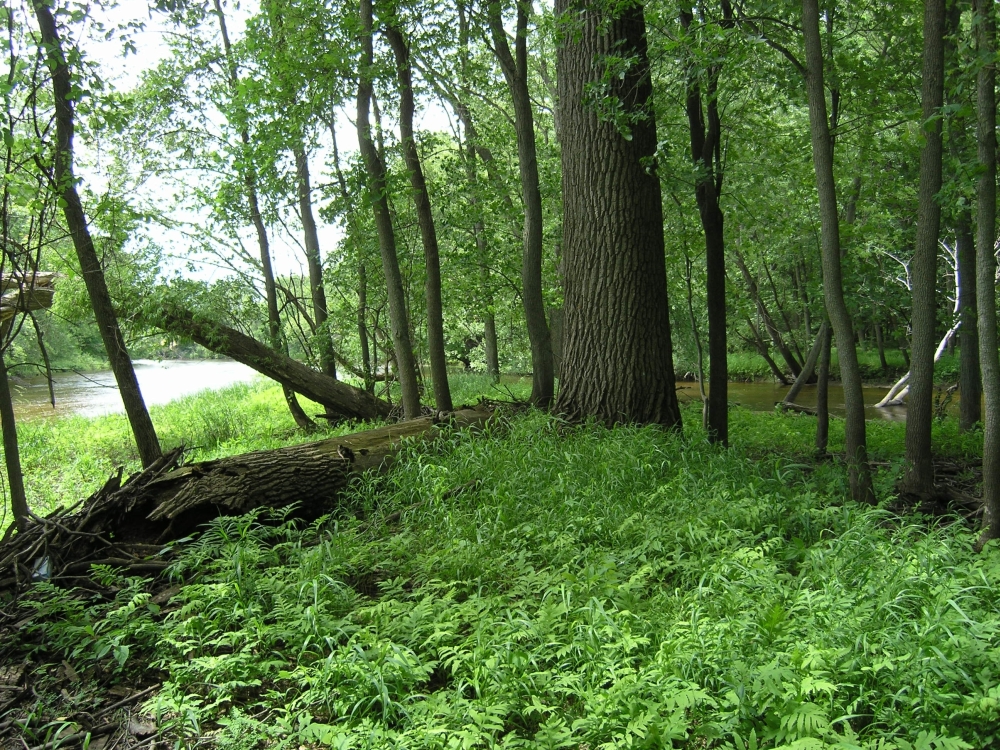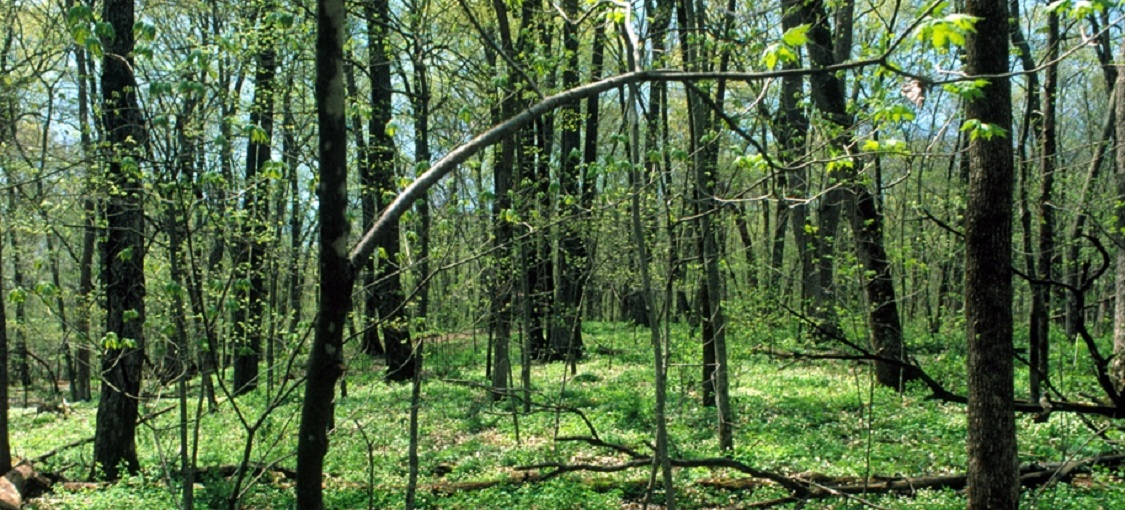Typical tree species growing in these forests range from cottonwoods and sweetgums to cherrybark oaks water oaks and hickories.
Bottomland hardwood forest characteristics.
Bottomland hardwood forests support a great variety of tree and shrub species.
They are seasonally wet areas for example from annual spring flooding.
Historic blhs were a product of the natural hydrologic and geomorphic processes associated with their adjacent rivers.
Bottomland hardwood forests can reduce the risk and severity of flooding to downstream communities by providing areas to store floodwater.
Bottomland hardwood forests typically have distinct ecological zones at different elevations and flood frequencies.
Patrick jr j george dissmeyer 2 donai d.
Our objective was to characterize the vegetative composition and abundance in a bottomland hardwood stand which had been under an annual flooding regime for over 50 years.
Leitman introduction bottomland hardwoods blh occur throughout the riverine floodplains of the southeastern united states figure 1.
They are occasionally flooded which builds up the alluvial soils required for the gum oak and bald cypress trees that typically grow in this type of biome.
Bottomland forests represent a transition between drier upland hardwood forest and very wet river floodplain and wetland forests.
These zones are the result of an active river cutting its banks and forming new land putnam 1960.
276 characteristics of wetlands ecosystems of southeastern bottomland hardwood forests william h.
The soil which erodes from the bank is often deposited on the inside bend downstream on what is referred to as a point bar.
You can use the term bottomland forest loosely to refer to a variety of wooded habitats but true bottomland forests have these characteristics.
Bottomland hardwood forests are recognized as an important feature of the landscape joining riverine systems with upland forests and function as areas of filtration for.
Bottomland swamp forest silviculture symposium field tour.
General characteristics bottomland hardwoods are one of the lowest in elevation and the wettest types of hardwood forests.
They are generally found along the edges of lakes and rivers and in sinkholes.
Hook 3 victor w.
Results indicate that overcup oak is dominant in all three vertical layers while the more desirable willow oak is common only in the overstory.





